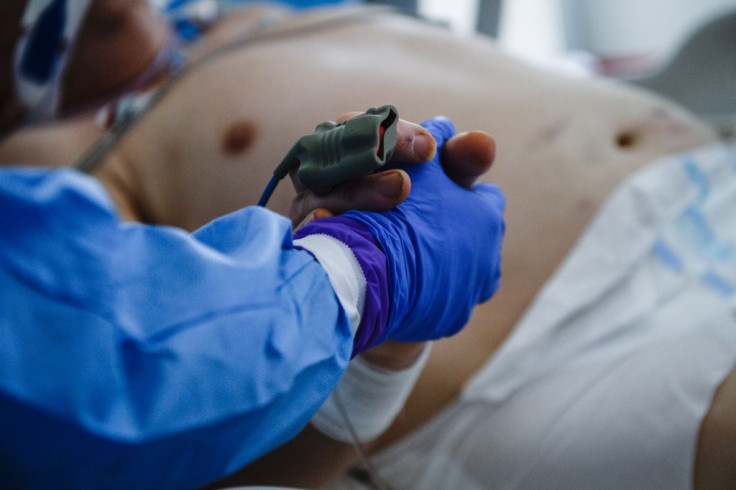New Study Links COVID-19 Severity To Autoantibodies Against Blood Clotting

In a groundbreaking article recently published in the journal Scientific Reports, researchers conducted an observational study in Germany to investigate the impact of ADAMTS13, a blood clotting regulator gene, on coronavirus disease 2019 (COVID-19).
ADAMTS13, also known as von Willibrand factor (VWF)-cleaving protease, plays a crucial role in preventing the formation of ultra-large VWF multimers by cleaving VWF. Deficiency in ADAMTS13 can result in a life-threatening blood disorder called thrombocytic thrombocytopenic purpura (TTP), often treated with plasmapheresis.
COVID-19 has been associated with an increased risk of autoreactivity. To understand if autoantibodies to ADAMTS13 contribute to the reduced ADAMTS13/VWF:Ag ratio observed in COVID-19, the researchers investigated this phenomenon in 156 patients from three healthcare centers in Germany, including 90 hospitalized due to COVID-19.
For the study, blood samples were collected from each participant to measure ADAMTS13 activity. The study revealed that nearly one-third of hospitalized COVID-19 patients had ADAMTS13 autoantibodies, which exhibited low activity, suggesting an inhibitory effect on the protease.
Interestingly, this phenomenon was not observed in ICU patients without a COVID-19 diagnosis. The findings suggested that measuring ADAMTS13 autoantibody levels could potentially serve as a predictor of COVID-19 severity.
It's worth noting that none of the patients in the study developed severe thrombocytopenia, defined as a platelet count of 50,000/µl or less.
Previous studies have shown that COVID-19 patients exhibit antibody patterns resembling those seen in lupus and rheumatoid arthritis. Critically ill COVID-19 patients also display signs of B-cell activation and B-cell repertoire (BCR) observed in autoimmune conditions.
Severe acute respiratory syndrome coronavirus 2 (SARS-CoV-2) infection poses a dual risk for thrombotic microangiopathy. Excessive release of VWF leads to ADAMTS13 activity surpassing normal limits.
The autoreactive inflammatory environment induced by COVID-19 triggers the formation of autoantibodies to ADAMTS13. These circulating autoantibodies subsequently reduce ADAMTS13 activity and contribute to immunothrombosis, potentially increasing the risk of forming ultra-large VWF multimers, similar to those seen in TTP.
The study findings provided evidence of an additional benefit of plasma exchange therapy in the treatment of COVID-19 beyond managing cytokines and inflammation. Furthermore, considering VWF, ADAMTS13 activity and ADAMTS13 autoantibody levels during the diagnostic workup of COVID-19 could offer important insights into disease severity.
In a related study conducted last month by scientists from NYU Abu Dhabi, genetic activity associated with the immune response against COVID-19 was explored. The team identified specific microRNAs correlated with a weakened immune response and a higher likelihood of ICU admission.
The researchers observed alterations in microRNA expression during the early stages of infection, which were associated with distinct blood traits and immune cell death. These changes enable the virus to evade the immune system and propagate more effectively.
The genetic study findings underscored the influence of an individual's genetic makeup on immune function and disease severity. Moreover, they provide valuable insights into improving patient prognosis and treatment strategies for COVID-19.
Published by Medicaldaily.com



























